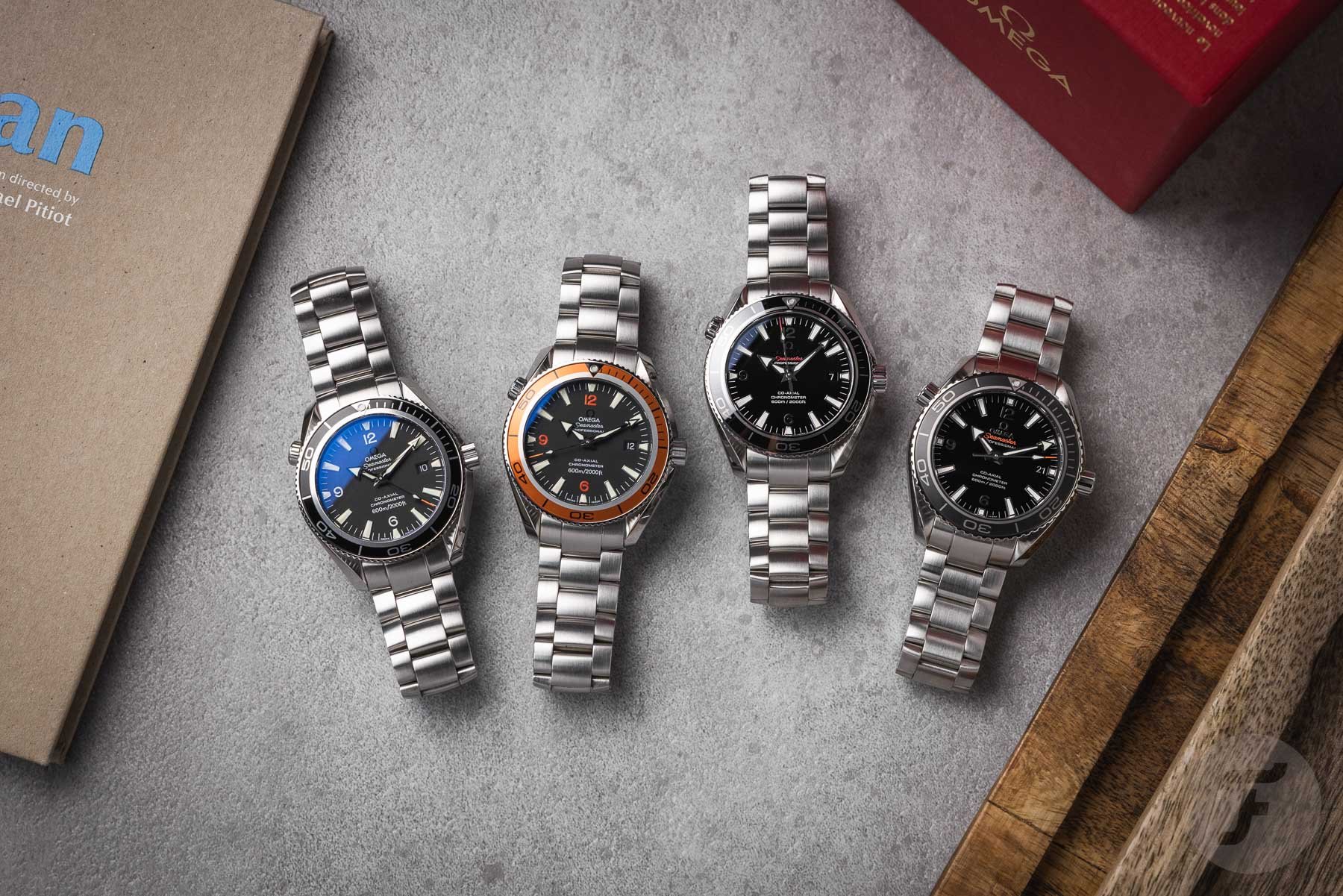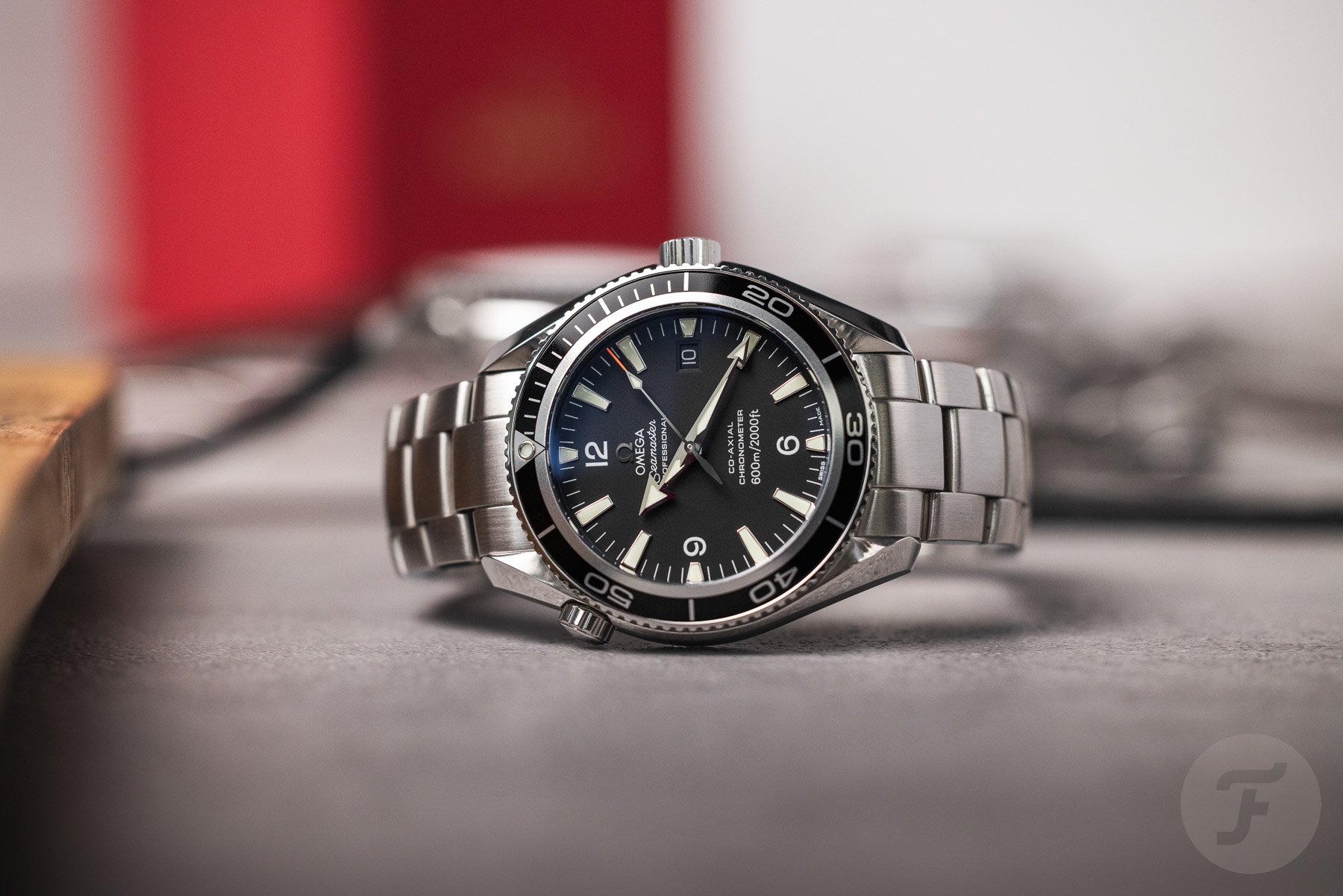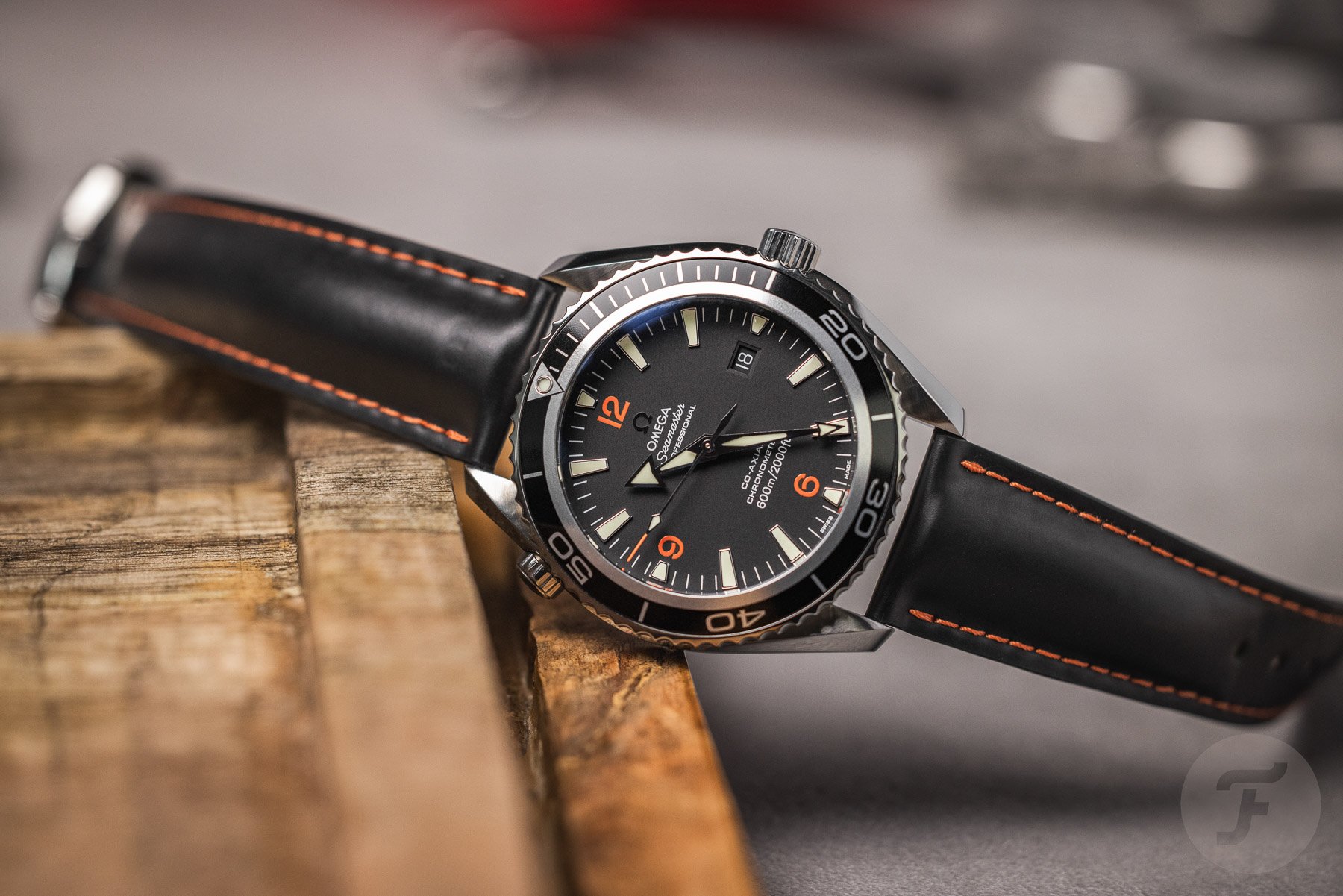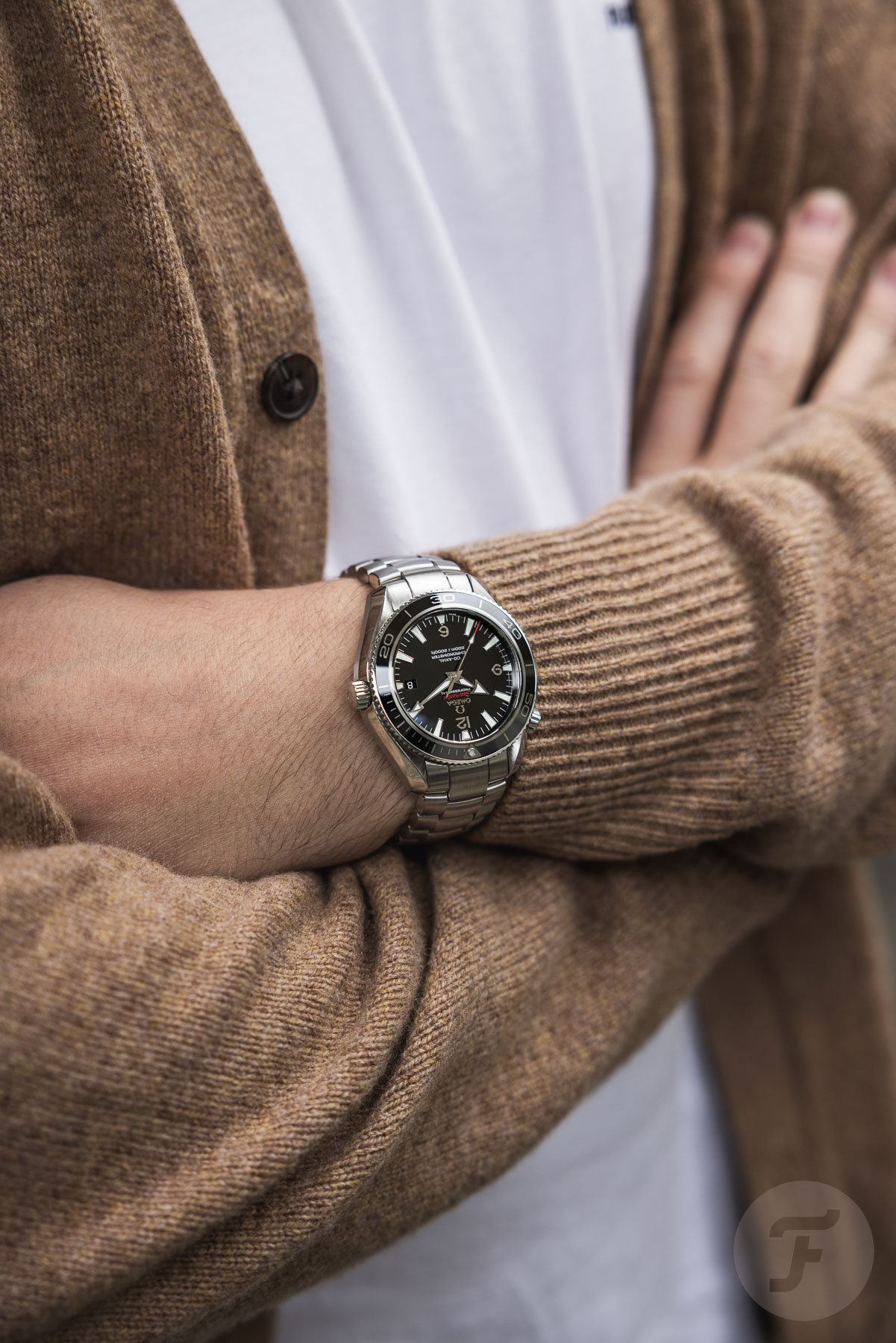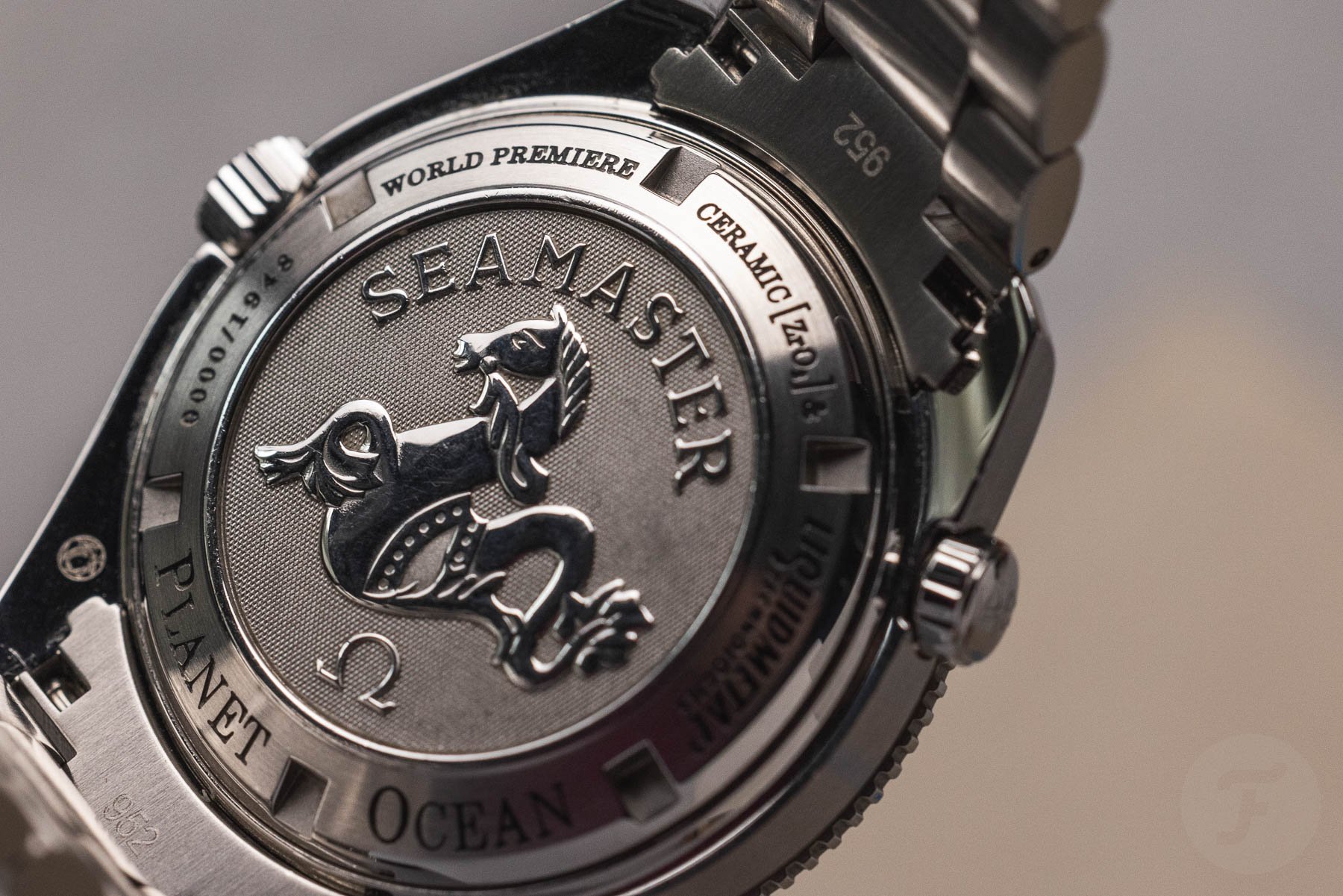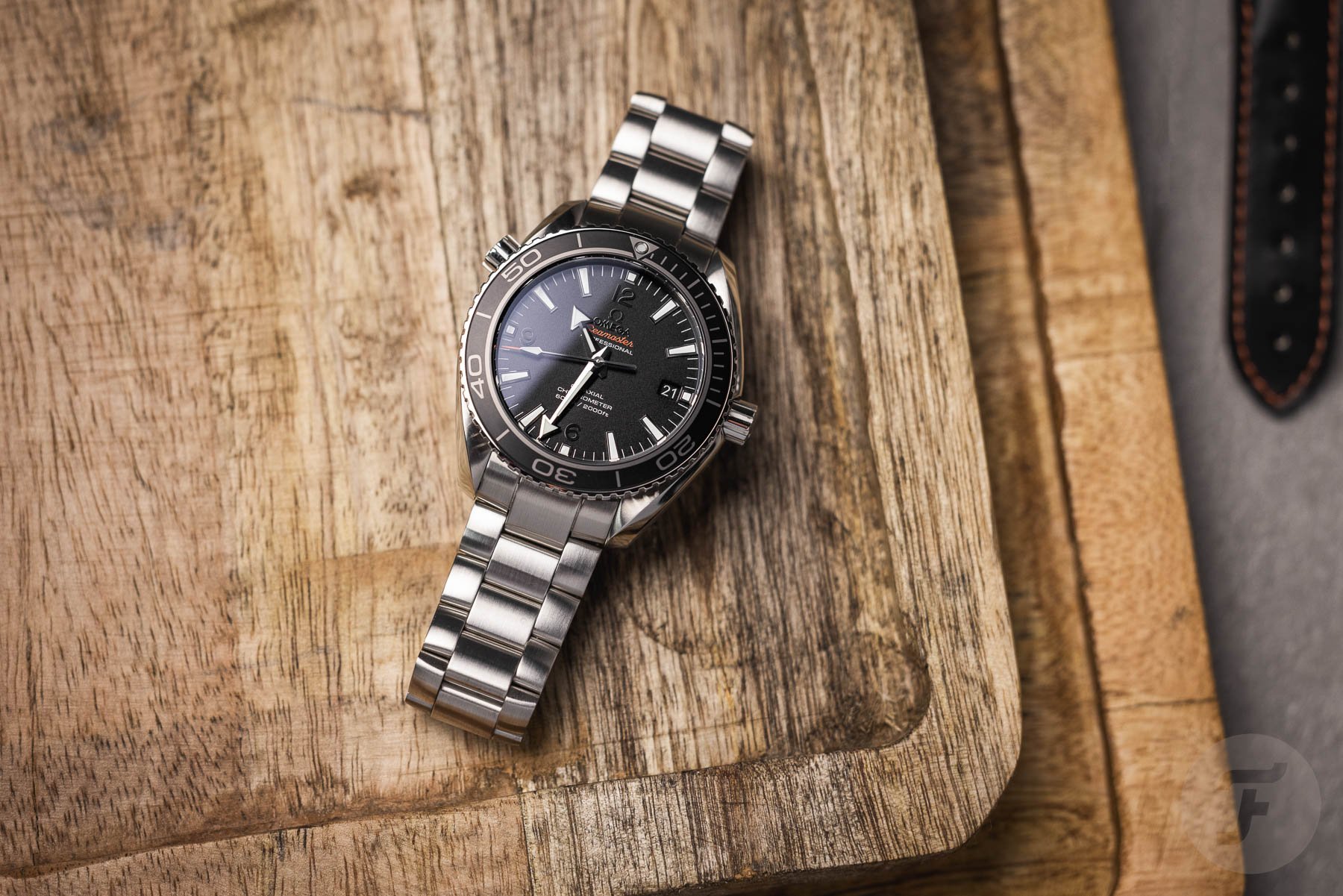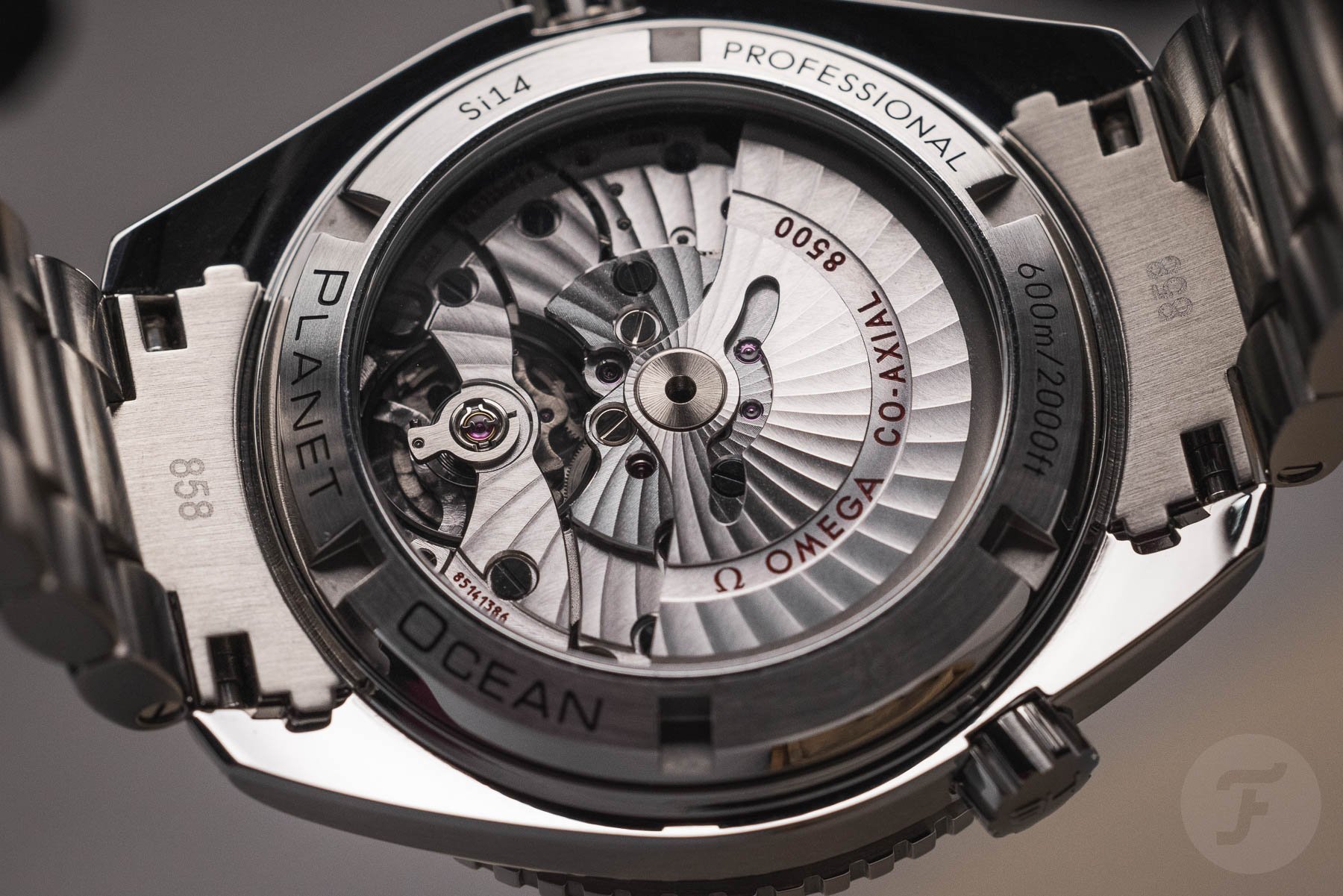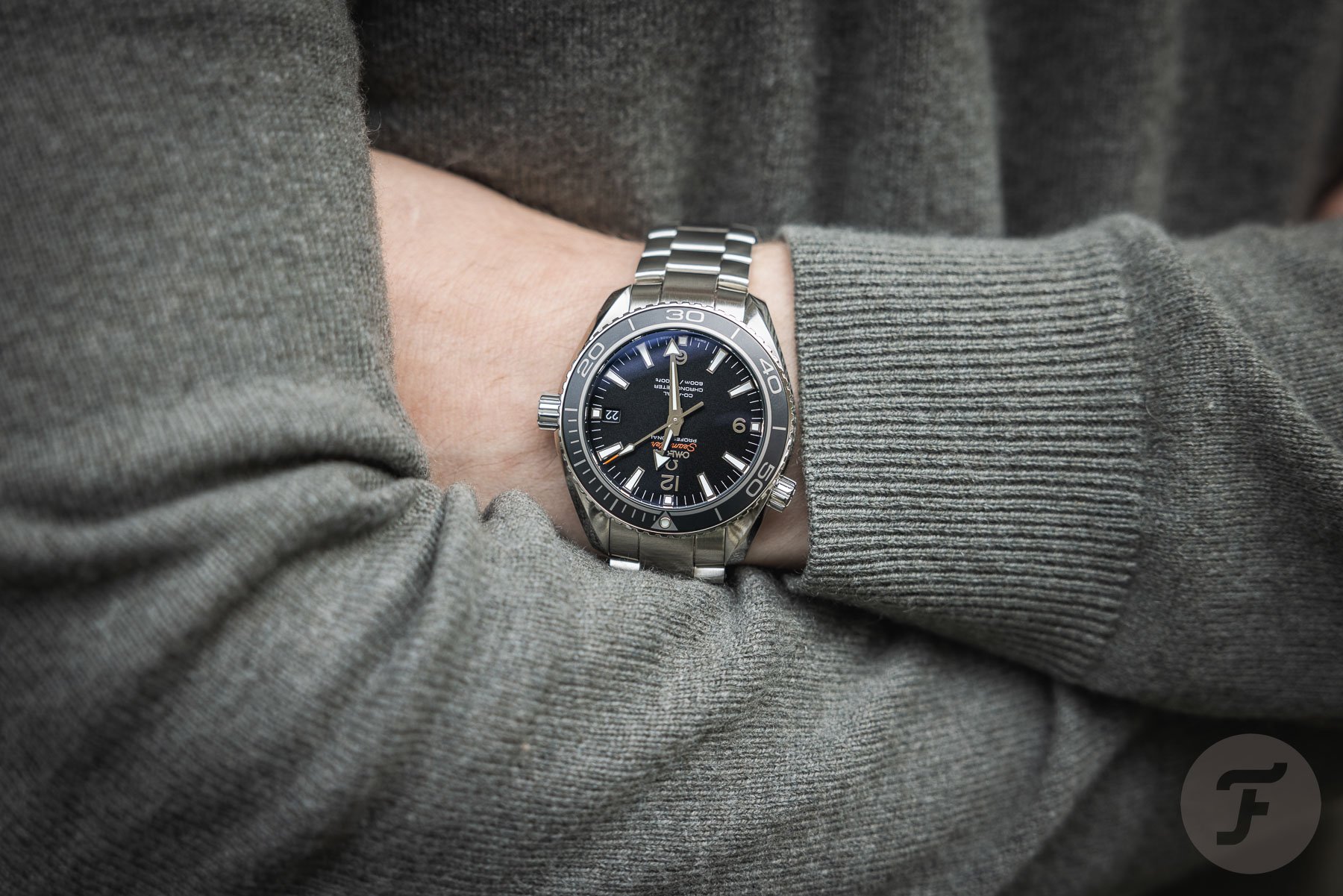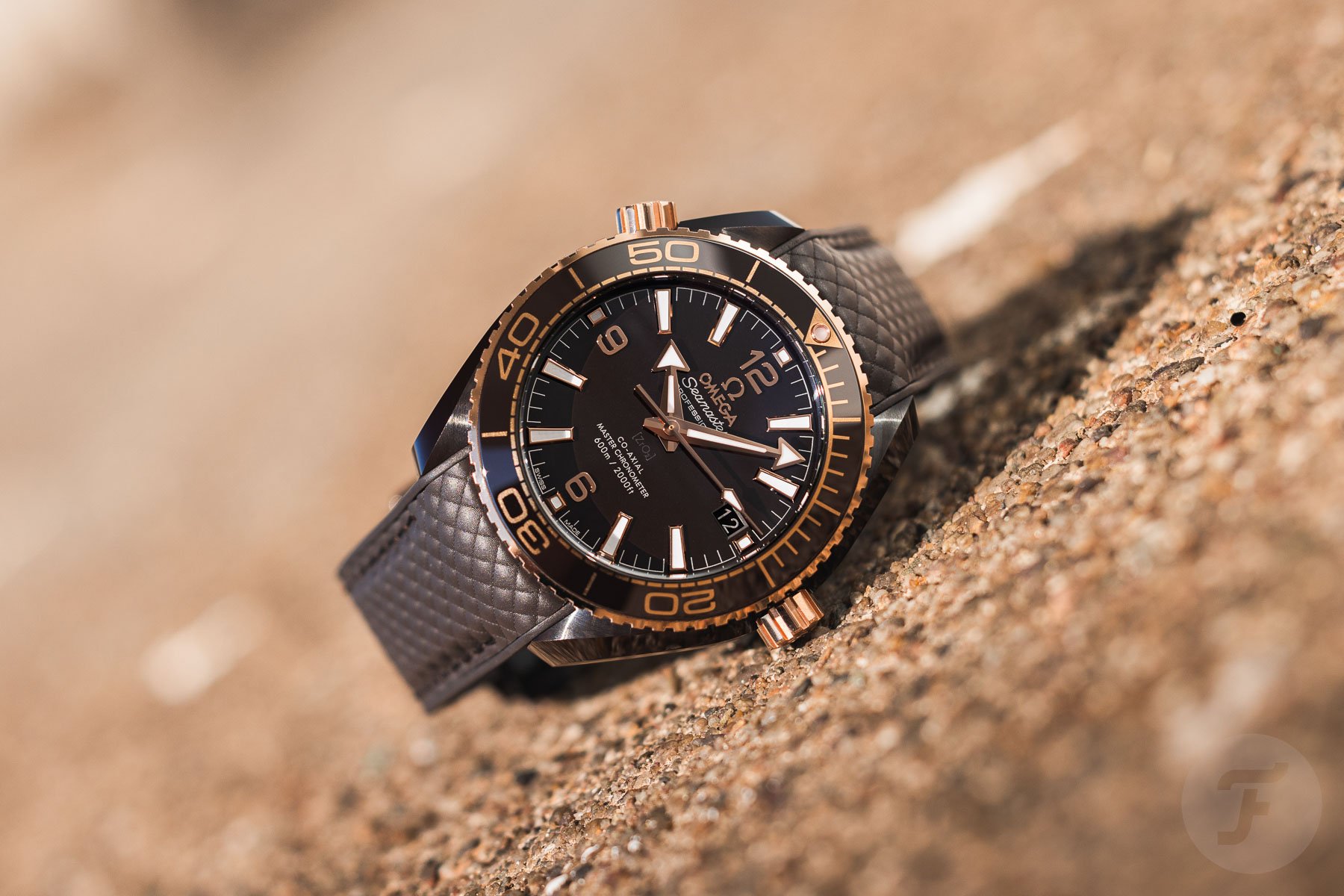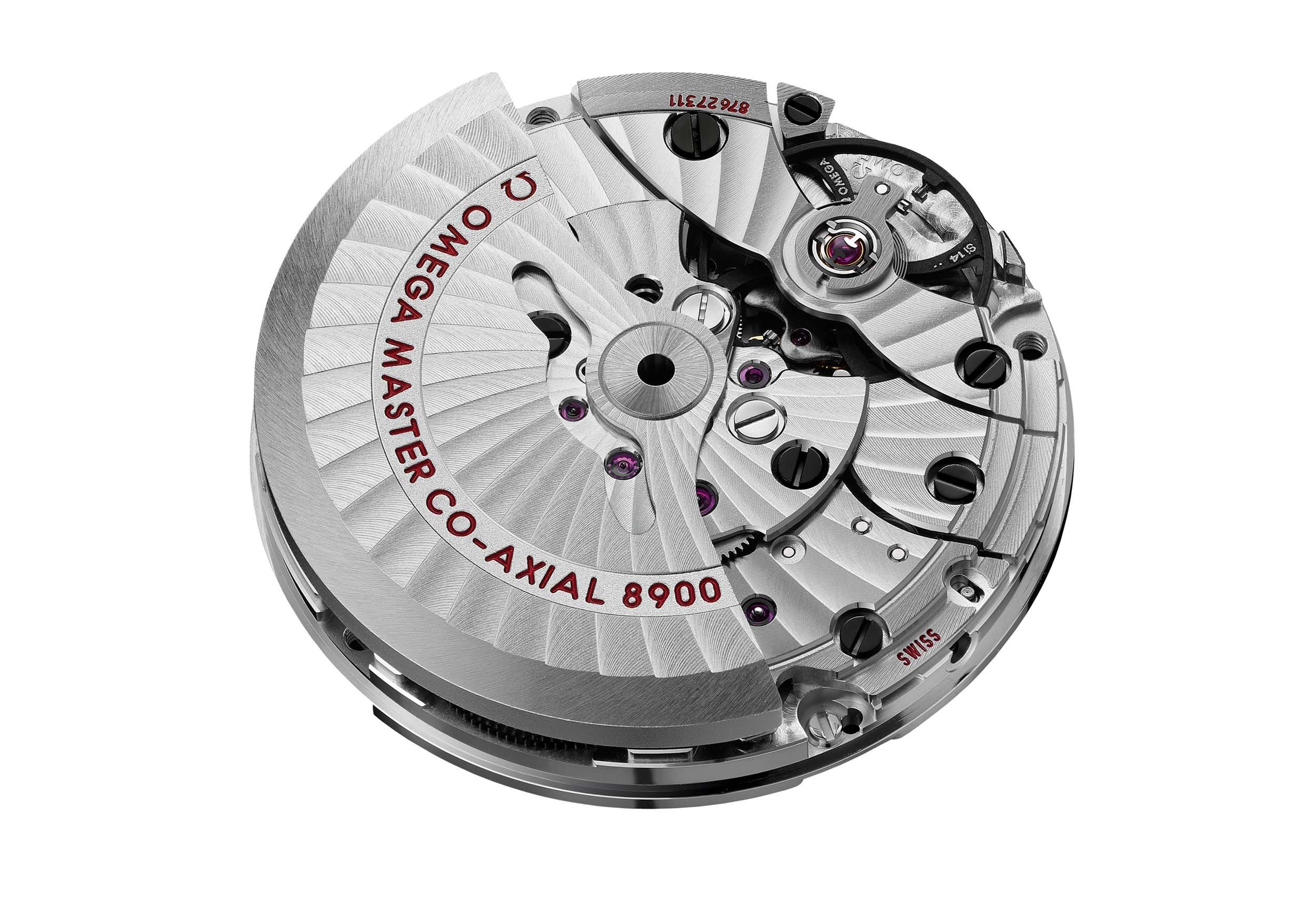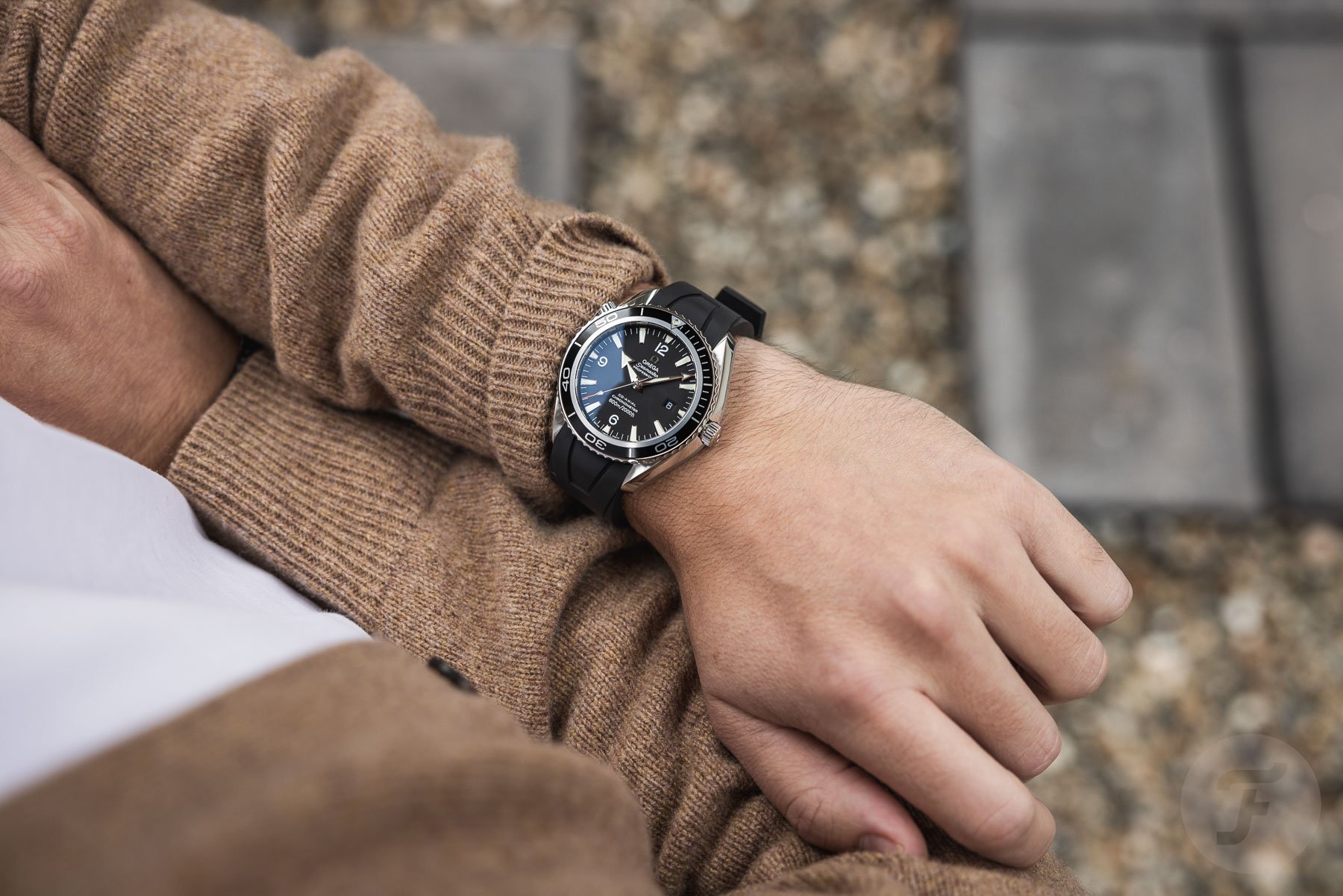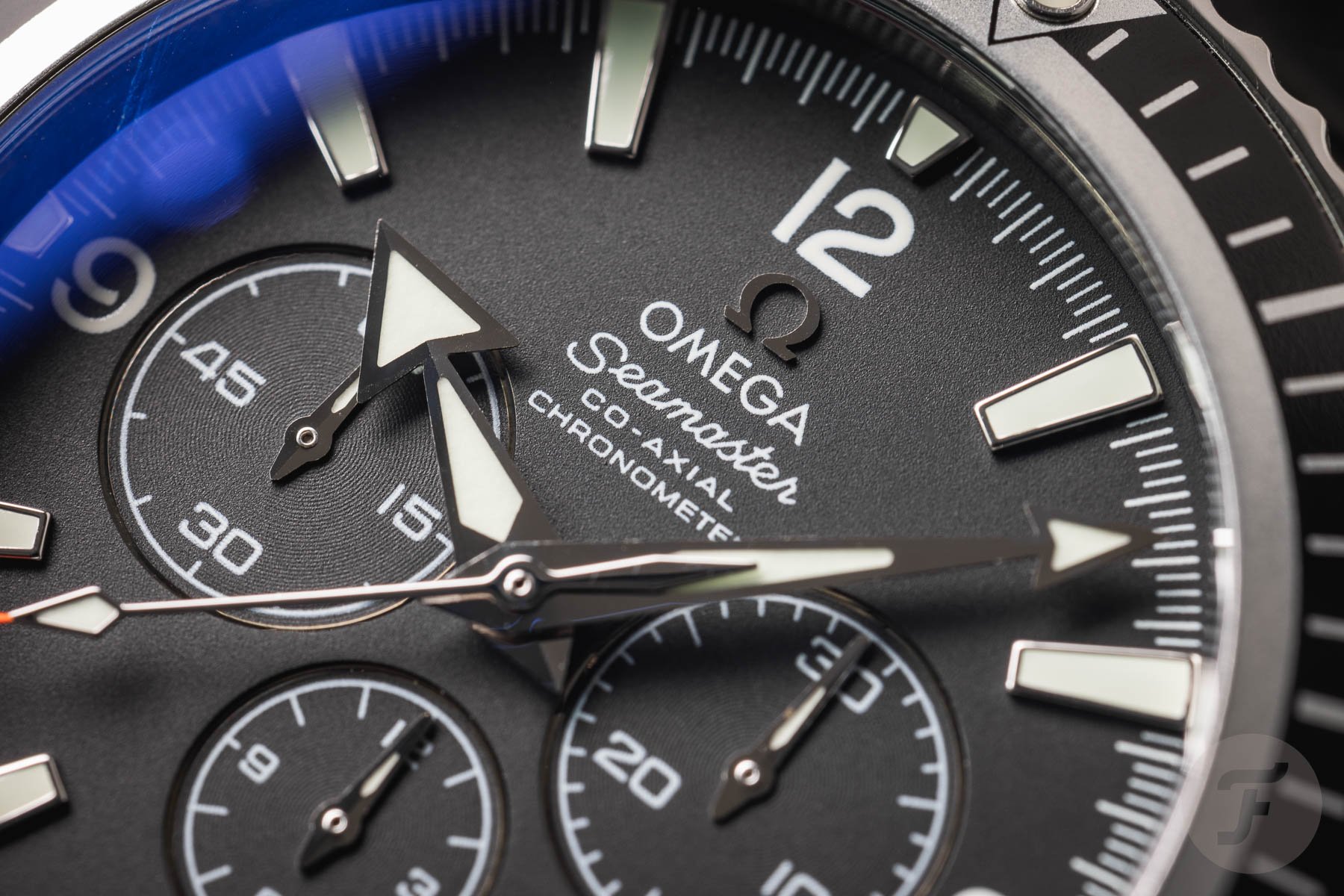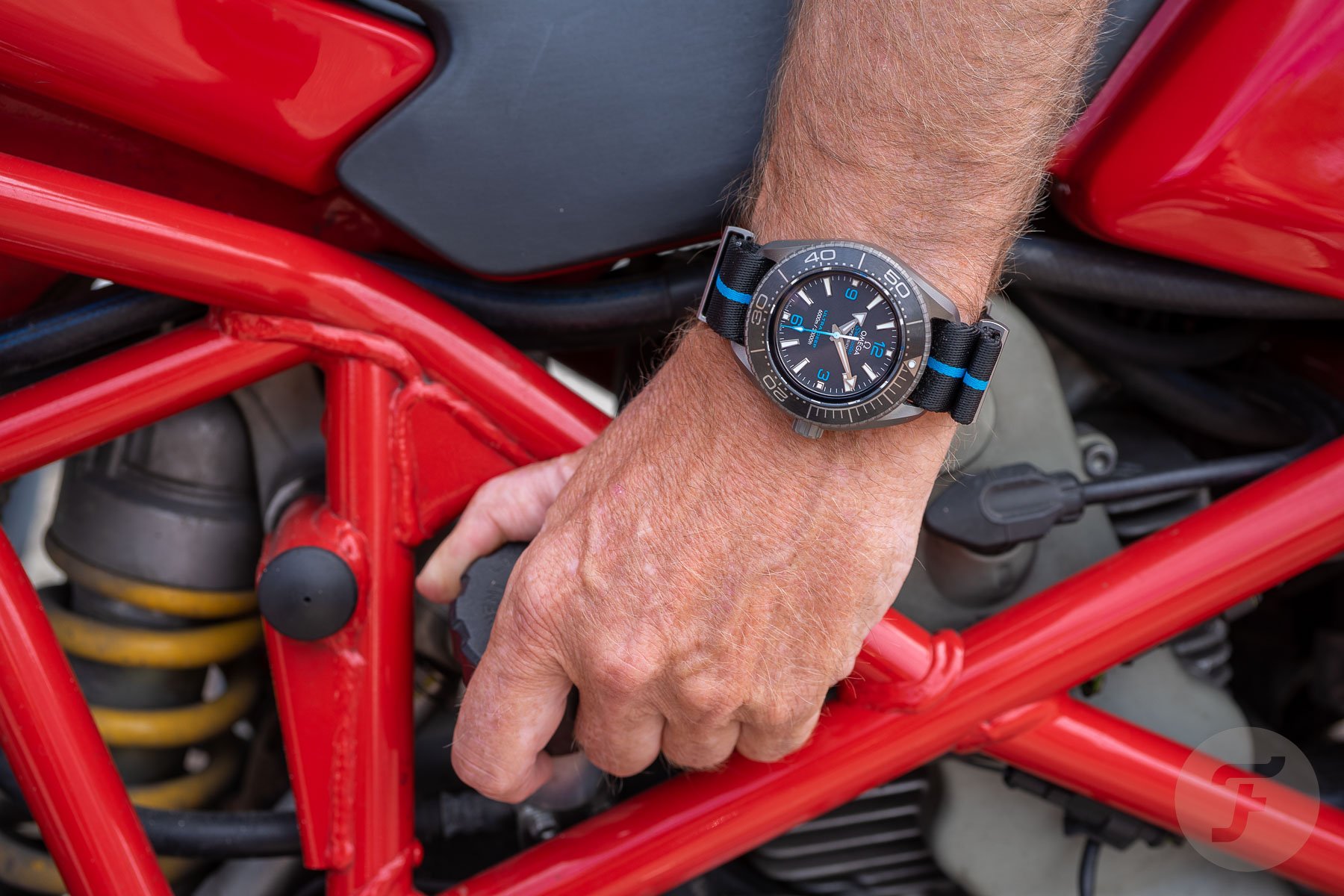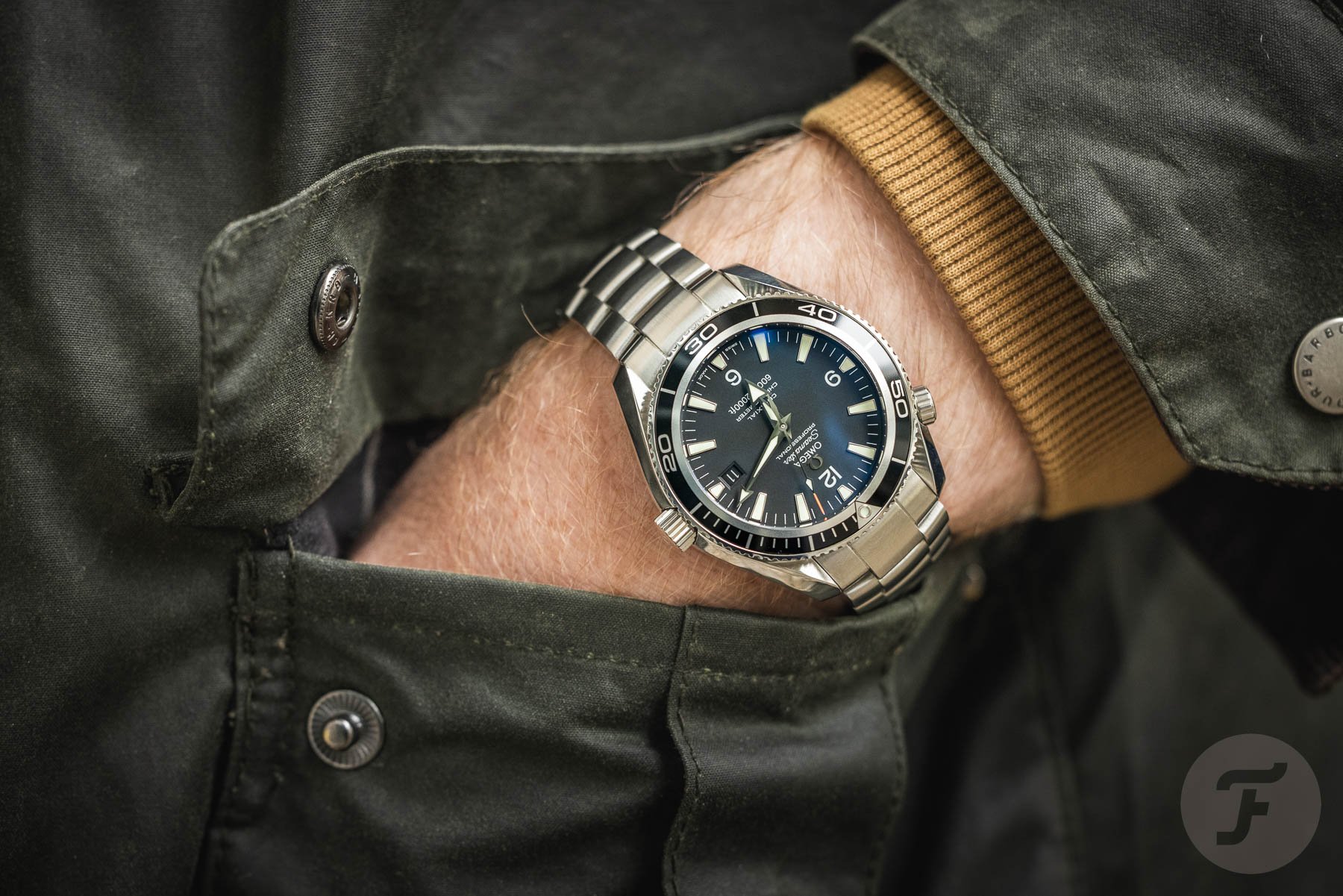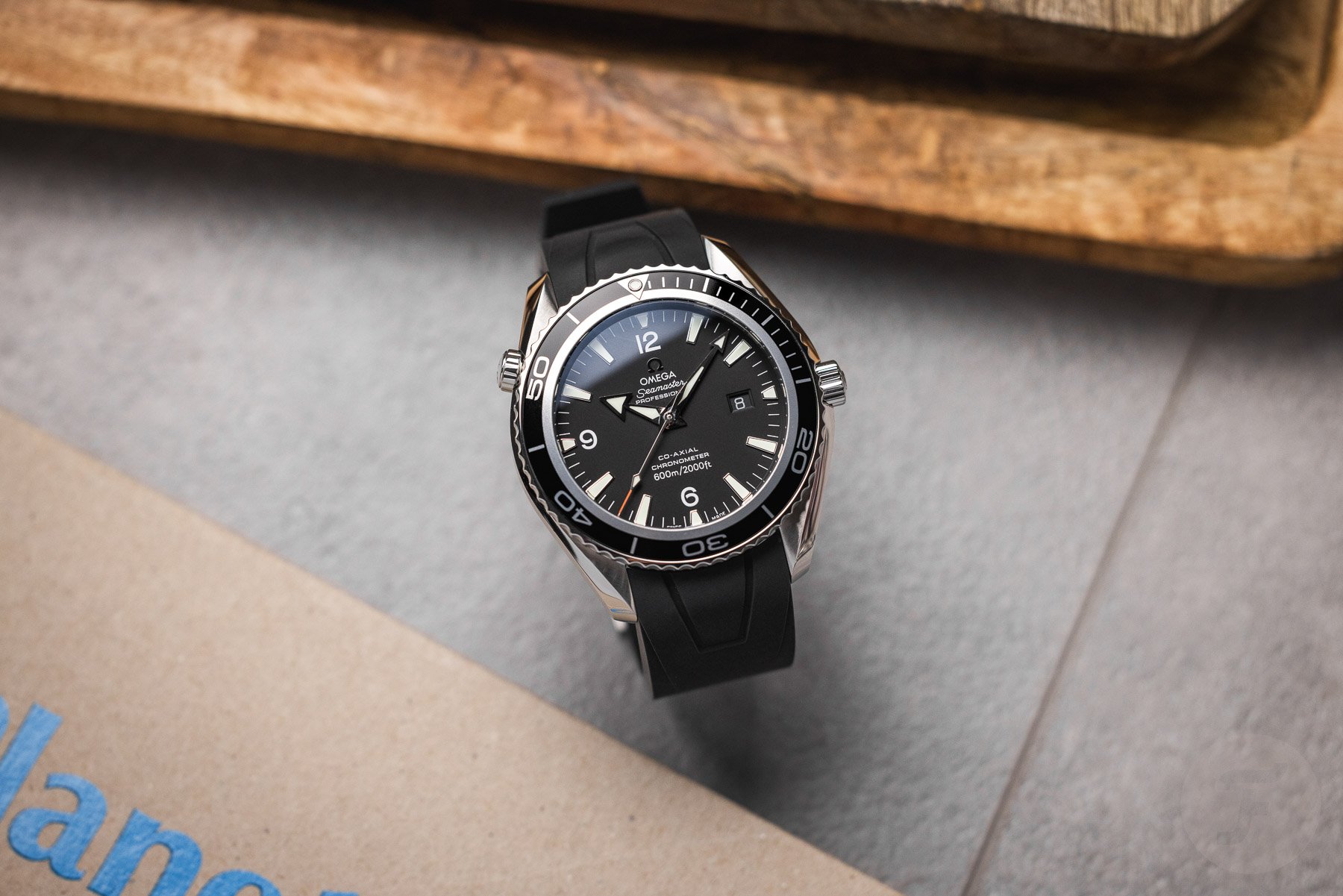A Historical Overview Of The Omega Seamaster Planet Ocean
The Seamaster Planet Ocean is an often-overlooked collection within Omega’s catalog. Perhaps it lacks the legend of the Speedmaster or the universal appeal of the Seamaster Diver 300M. But there are some true gems in the Planet Ocean lineup, so we felt it was about time to look at the different generations and write a compact buying guide.
Omega is known for releasing many versions and occasional special editions of its watches. The Planet Ocean is no exception. So let me preface this by admitting that the following is nowhere near a complete overview. Nonetheless, it should provide you with some context and perspective on Omega’s “serious” diver.
The origin and inspiration of the Seamaster Planet Ocean
The Omega Seamaster dates back to 1948. It wasn’t until the famous 1957 triple release of the Speedmaster, Railmaster, and a new Seamaster 300 (ref. CK2913) that it would take on the archetypal dive-watch form factor.
A new version would follow in 1964 as refs. 165.024 (no-date) and 166.024 (date). It went from 39mm to 42mm in diameter with the signature lyre-lug case. This new generation became the dive watch of the British Royal Navy and remained in production until around 1970.
The 1964–1970 model is often described as the source of inspiration for the Planet Ocean. If you look closely, though, you see strong visual references to both early generations of the Seamaster diver. The CK2913 supplied the split half-bare and half-colored bezel style as well as the arrow hand. The latter would turn into two arrow hands for the Planet Ocean, a controversial feature as it diminishes the instantly apparent difference between the two. The second generation provided the lyre-lug case and dial layout. It is safe to say that Planet Ocean, upon its arrival in 2005, clearly showed its lineage.
The first-generation Planet Ocean: 2005
As mentioned, Omega introduced the Planet Ocean in 2005. It would sit alongside the Seamaster Professional 300M as a more hardcore diver, a point driven home by its 600m water resistance rating. The watch came in both 42mm and 45.5mm sizes. Buyers could opt for leather or rubber straps, or the specially designed bracelet with a characteristic curved top surface.
The first Planet Ocean housed the third-generation (C-version) Omega caliber 2500. This is, at heart, an ETA 2892-A2 movement but upgraded with Omega’s Co-Axial escapement. One of its major upsides is its slim profile. It aided in keeping the overall thickness of the 42mm Planet Ocean at a relatively manageable 14.5mm. That is still quite thick, but later generations, unfortunately, got thicker still.
The first generation was very much a sports watch of its time. This means it had a lovely matte black dial with only the indices and logo as applied features. The Omega name as well as the 6, 9, and 12 numerals are printed. The bezel insert is aluminum, showing the distinctive two-thirds black and one-third silver division. Alternatively, buyers could opt for a version with an orange bezel.
The transitional Planet Ocean: 2009
The first generation would see many versions, but it wasn’t until 2009 that a major update took place. That’s when Omega unveiled Liquidmetal. This technology allowed for a special titanium alloy to be pressed into cavities in ceramic. The result is a perfectly smooth ceramic bezel insert with flush, inlaid metal markings. The technology debuted on the 2009 Planet Ocean ref. 222.30.42.20.01.001, limited to 1,948 pieces, a reference to the year of the Seamaster’s debut.
Another premiere (as underlined by the inscription on the case back) was the use of a fully ZrO2 ceramic dial. This allowed for a perfectly smooth, highly reflective black surface. Combined with applied white gold indices and numerals, an applied Omega logo and wordmark, and red “Seamaster” text, this traded the Spartan look of the first gen for something much more luxurious.
Inside still ticked caliber 2500. This, along with the fact that it is a limited edition, makes us consider this model a transitional reference. It would, however, show the way forward for the Planet Ocean. Gone were the days of matte dials and aluminum bezels. Ref. 222.30.42.20.01.001 has retained its value rather well and has a reputation as one of the best Planet Ocean versions. It combines modern aesthetics with the 14.5mm thickness that would soon be lost.
The second generation: 2011
Come 2011, it was no surprise that ceramic dials and bezel inserts were here to stay. Other than that, a lot changed for the Planet Ocean. Most importantly, we see the introduction of Omega’s caliber 8500. I will not get into the technicalities here, but the silicon balance spring, twin-barrel construction, and signature swirled Geneva striping ushered in a modern era of Omega movements. The caliber would now be on display behind a sapphire case back and, unfortunately, make the watch over a millimeter thicker.
The second-generation Planet Ocean would see even more options in the lineup. Blue and white versions were introduced, as was a 37.5mm version marketed as a ladies’ size. The “Seamaster” signature on the dial would now be executed in orange rather than white.
Several aesthetic updates were made. The markers, for instance, were a little bit larger and had a more refined finish. The lume in the minute hand and bezel pip would now glow green, contrasting the blue of the rest of the features.
The third-generation Planet Ocean: 2016
The final big overhaul of the Planet Ocean came in 2016. The three size options (37.5, 42, and 45.5) were replaced by 39.5 × 14.5mm and 43.5 × 16.5mm sizes for all but a few special editions.
The biggest change, however, was the METAS Master Chronometer certification. Technically, the older caliber 8500 and the new 8900 (or 8800 for the 39.5mm version) are rather similar. There are some cosmetic differences though and, crucially, the METAS certification.
Another long overdue feature was micro-adjustments for the clasp. Unfortunately, no fancy toolless systems were used just yet, but at least the wearer could now make adjustments. Previously, that would entail messing around with full and half links held together with a pin and collar.
The James Bond connection
Of course, I would not leave you without mentioning James Bond. The Planet Ocean has been tightly connected to the movie franchise since Casino Royale (2006). Bond wears a ref. 2900.50.91 on a rubber strap in the opening scenes before switching to a Seamaster 300M in later scenes. In 2006, the first co-branded Planet Ocean also debuted, featuring a “007” counterbalance on the seconds hand.
Bond would wear Planet Ocean models in the subsequent Bond movies, which were matched by limited co-branded editions in the real world. That was until the last two movies saw other Seamasters chosen over the Planet Ocean.
Other notable Planet Ocean variants
Several other Planet Ocean versions have shaped the collection. Omega introduced a chronograph version in 2006, for instance. If a steel 45.5mm Planet Ocean is a bit lightweight for you, 2009 saw the introduction of a version in full rose gold. And yes, the chunky bracelet was solid gold too.
The second generation also saw the introduction of a Planet Ocean GMT. It would later get a rather cool successor in the black and white “Cookies & Cream” ref. 215.33.44.22.01.001.
I would be remiss not to quickly mention the many Olympic special editions, ceramic and titanium variants, and gem-set blinged-out models. And, of course, let’s not forget the Ultra Deep. As you see, there is more than I can cover in a single article, so I will limit myself to the more basic versions.
Wearing the Omega Seamaster Planet Ocean
Recently, I’ve had the opportunity to spend time with several different Planet Ocean references, and I have to say, I may have fallen in love a little bit. Admittedly, I always discarded the PO as a little over-designed and certainly too big for me. Well, my dear Fratelli, I have to admit that I was wrong.
I found the 42mm first-gen Planet Ocean to be the sweet spot. It has that subdued, matte look paired with serious wrist presence. It is big on my 17cm wrist but not at all intimidating or overpowering. In fact, it needs that diameter to properly present its design. I have tried the current 39.5mm version, and it is too compressed and tubby in my eyes. The design just seems to sing in the 42mm size. I would highly encourage you to see if you can try one on before passing judgment. You may come away pleasantly surprised.
If I am completely honest, I feel that the Planet Ocean has gone slightly downhill since its introduction. All these extra features and innovations are cool, but they dilute the character of the watch somewhat. I would love to own a 2005 ref. 2201.50, put some scratches on it, and just wear it hard. The shiny refinements on the later models make them a bit too precious for my liking. Nonetheless, the Planet Ocean in general is a highly capable watch. And because it gets overlooked among Seamaster 300Ms, Submariners, and Sea-Dwellers, I feel it is the cool, off-the-beaten-tracks choice. In fact, after researching and writing this article, I have put one on my hit list!
What do you think of the Omega Planet Ocean? And which is your favorite? Let us know in the comments below!

